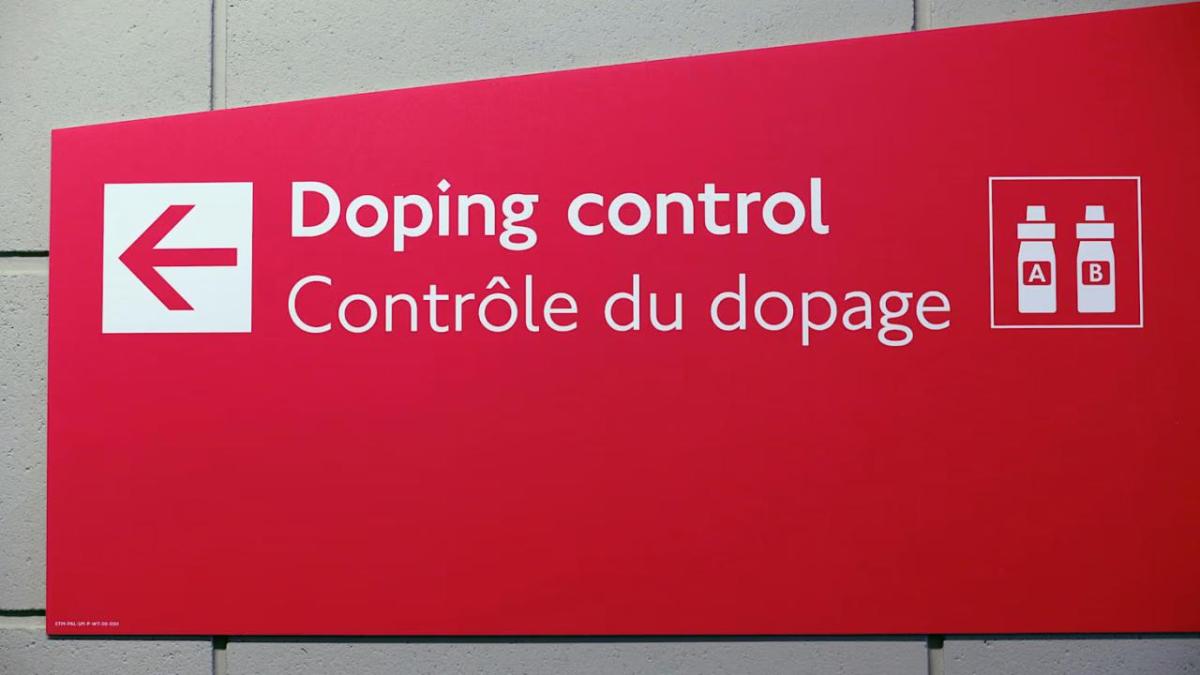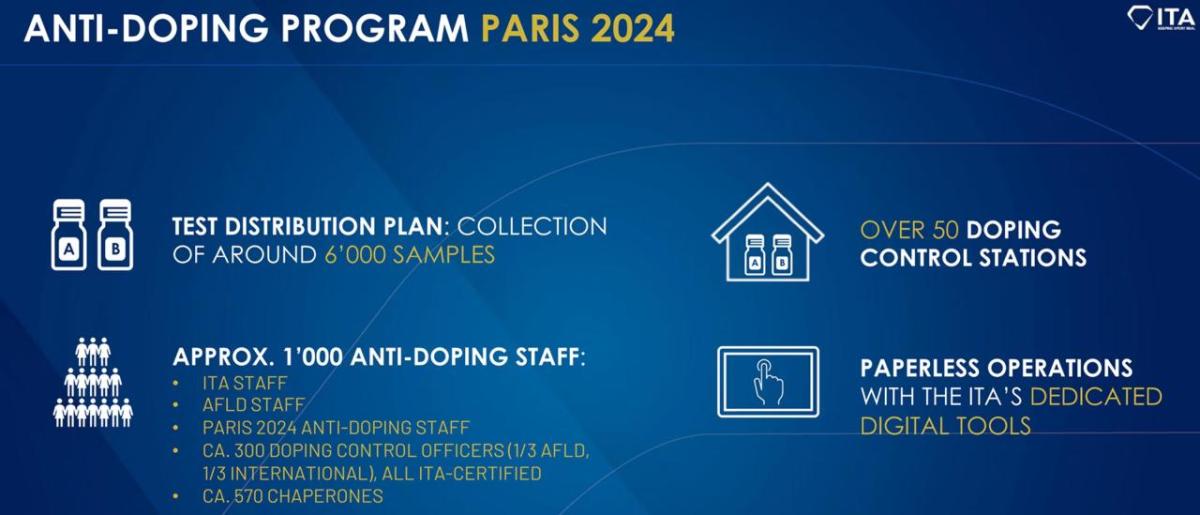IOC Announces New USD 10 Million Fund To Support ITA Anti-Doping Efforts
International Olympic Committee news
Reiterating its commitment to the protection of clean athletes, the International Olympic Committee (IOC) has allocated a new USD 10 million fund to further support the development of the International Testing Agency (ITA) over the next Olympiad (2025-2028).
In 2017, the IOC decided to establish a USD 30 million fund for the creation of the ITA, to make testing independent from any conflict of interest and to restore trust in the anti-doping system. Seven years later, the IOC recognises the quality of the work accomplished and calls on the ITA to continue strengthening independent and intelligence-led anti-doping programmes.
The ITA, pursuing a sustainable financial model that mainly relies on revenues from the over 70 international sports bodies to which it delivers programmes, has been able to reduce its reliance on the IOC’s Olympic Movement financial contribution to only 9 per cent of its annual budget. This figure is lower than anticipated at the inception of the Agency, and demonstrates its increased financial independence.
The ITA manages the anti-doping programmes for International Federations (IFs) and Major Event Organisers (MEOs), including the IOC. The Agency has been running the anti-doping programmes for the Olympic Games on the IOC’s behalf since 2018.
A robust pre-Games testing programme for Paris 2024
The IOC Executive Board was updated today by the ITA on the pre-Games testing programme for the Olympic Games Paris 2024. Launched in October 2023, the programme has now entered its final phase, ensuring that comprehensive testing takes place ahead of the Olympic Games this summer.
There are currently more than 31,000 athletes vying to compete in Paris. Because of the long period during which athletes can qualify, the majority of pre-Games testing will occur right up to the start of the competitions in July 2024.
A special focus has been placed on high-risk athletes, with over 60 per cent of this group having already been tested at least once since January 2024, 14 per cent having already been tested more than three times, and 10 per cent three times.
Moreover, since 18 April 2024, the ITA can directly implement doping controls on athletes from any sport on the programme in Paris within the framework of the extended testing authority of the IOC, a move which will support the efforts of National Anti-Doping Agencies (NADOs) and IFs.
The ITA is also responsible for the anti-doping programme of the Olympic Refugee Team, as was already the case for the Olympic Games Tokyo 2020.
The ITA Paris 2024 Pre-Games Expert Group is closely monitoring testing activities on potential Individual Neutral Athletes (AINs) with a Russian or Belarusian passport, who have independent doping control officers from outside their country in place to conduct tests and implement doping controls. Some 92 per cent of the athletes who could potentially participate in the Games as of 31 May have already had the minimum number of tests over six months, and have therefore met the recommendations of the Expert Group.
To ensure the credibility of the Olympic Games and reinforce the trust that the athlete community places in the global anti-doping system, the ITA continuously integrates the latest intelligence available to further reinforce independent and targeted testing activities on all high-risk athletes and sports.
Finally, and for the first time, in addition to the Expert Group, a Supervisory Panel has been appointed by the ITA – composed of athletes’ representatives and members of eight IFs and NADOs – with the World Anti-Doping Agency (WADA) also invited to sit on the Panel as an observer and to monitor compliance.
About the ITA
At the Olympic Summit held in October 2015, following recommendation 15 of Olympic Agenda 2020, the IOC proposed an independent anti-doping testing and sanctioning system. The establishment of the ITA in 2017 was one of the IOC’s 12 principles for a more robust and independent global anti-doping system to protect clean athletes. The mission of the ITA is to manage anti-doping programmes, independent from sporting or political powers, for IFs, MEOs and all other anti-doping organisations requesting support.



